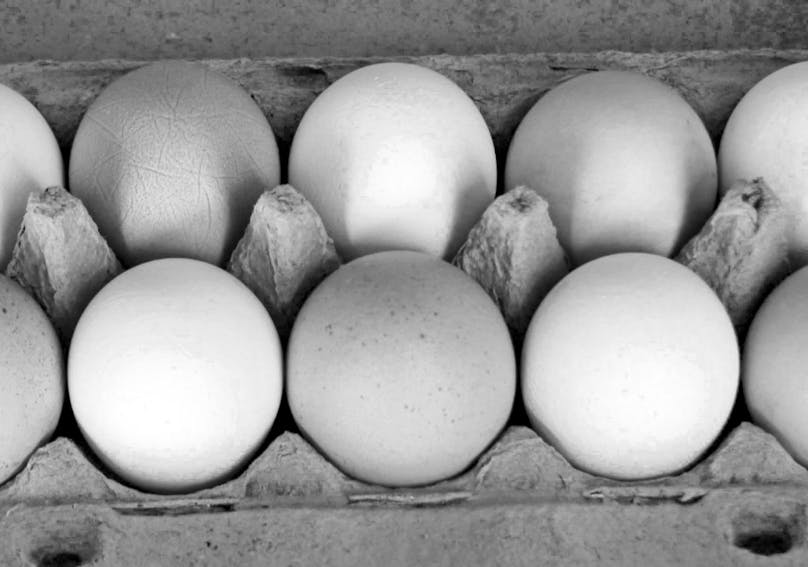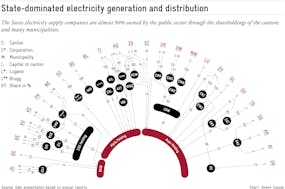Like so much else in Switzerland, eggs don’t come cheap: In 2017, SFr 1.9 million of taxpayers’ money was spent on so called “realization measures” – state intervention to ease seasonal price fluctuations for producers. Indeed, the poultry sector receives a double benefit: a “premium-mark-up” – helping to explain why egg pasta is so common on supermarket shelves, to the surprise of pasta lovers from southern Europe. Furthermore, retailers qualify for periodic subsidized discount drives to clear excess stock. In 2017, 20 companies benefited from the premium and discount schemes.
In fact, financial incentives for the industry go further still. In 2017 for example, sales of Swiss eggs were boosted to the tune of SFr 1.2 million of public money for marketing and communications, such as posters and television advertising. So as taxpayers, consumers finance both demand boosting marketing and recycling measures to clear surplus stock.

Taxpayers and consumers finance not only egg marketing, but also the surplus egg recycling. (Wikimedia Commons)
Sales boosts, premiums, discounts and promotions all hint at some sort of economic sense. But the actual terms could have been lifted straight out of Newspeak in George Orwell’s 1984. Instead of using public money to increase egg consumption, it would be better to leave the cash in taxpayers’ pockets. There is no need for state-controlled egg consumption. It is high time to abolish such economically senseless subsidies.





